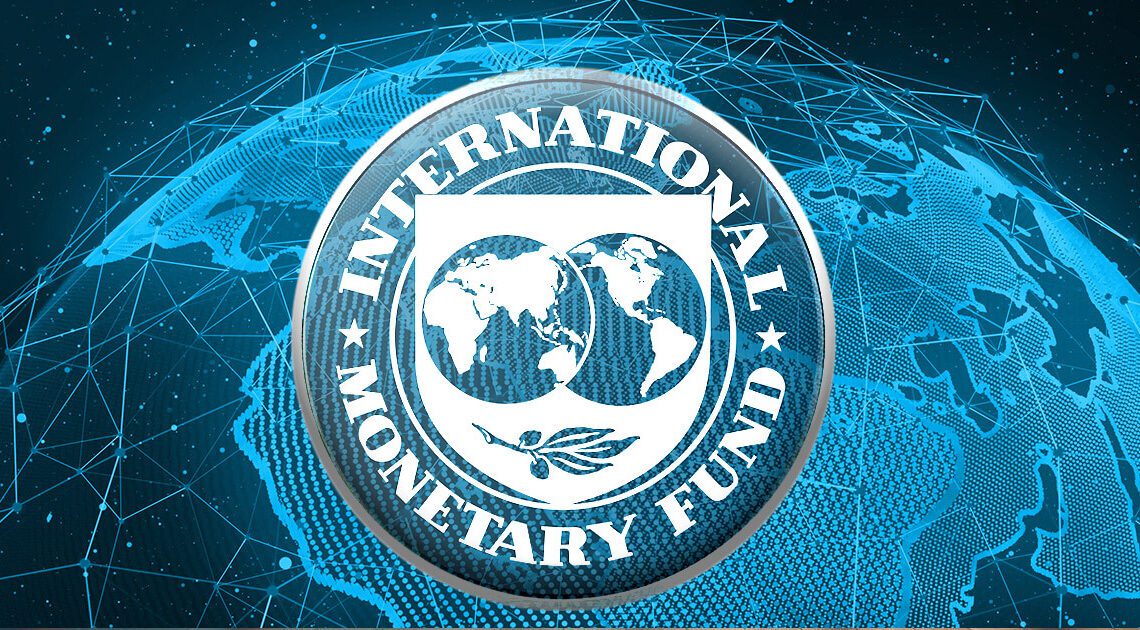The International Monetary Fund (IMF) and the Financial Stability Board (FSB) published a report commissioned by G20 under India’s leadership, outlining a comprehensive framework for regulating crypto-assets like Bitcoin and stablecoins today, Sept. 7.
The paper synthesizes the policy recommendations from both organizations to help countries address the financial stability and integrity risks posed by the rapid growth of crypto-assets.
Risks Posed by Crypto-Assets and Stablecoins
The report argues that crypto-assets could undermine monetary policy effectiveness, increase fiscal risks for governments, and reduce the efficacy of capital flow management measures. Widespread adoption may also amplify financial stability risks by increasing volatility interconnections and transmitting shocks faster across the global financial system. Specifically, the report describes stablecoins as a “significant risk,” stating,
“Global Stablecoins (GSCs) may transmit volatility more abruptly than other crypto-assets and may cause significant risk to financial stability… These risks may arise particularly if, over time, households and businesses in some economies come to hold substantial portions of their wealth in GSCs, rather than in local currencies.”
A GSC is a stablecoin with “potential reach and adoption across multiple jurisdictions.” The report further asserted that “macroeconomic risks associated with GSCs may be higher than other stablecoins.”
The IMF and FSB call for a multi-pronged policy response to mitigate these macroeconomic and financial stability risks. This includes strengthening monetary policy frameworks, guarding against excessive capital flow volatility, addressing fiscal risks, implementing anti-money laundering standards, and enacting comprehensive crypto-asset regulation.
Recommendations and Regulatory Measures
The FSB has additionally developed recommendations to ensure crypto-assets and markets are subject to “same activity, same risk, same regulation,” establishing a minimum baseline countries should meet. The FATF standards aim to mitigate illicit financing risks.
The recommendations that, if implemented, could transform the regulatory landscape for cryptocurrencies and stablecoins.
International Organization of Securities Commissions (IOSCO) seeks to apply its principles to crypto-assets to protect market integrity. The report also recommends that some emerging markets may require additional targeted measures based on…
Click Here to Read the Full Original Article at Stablecoins News | CryptoSlate…
























